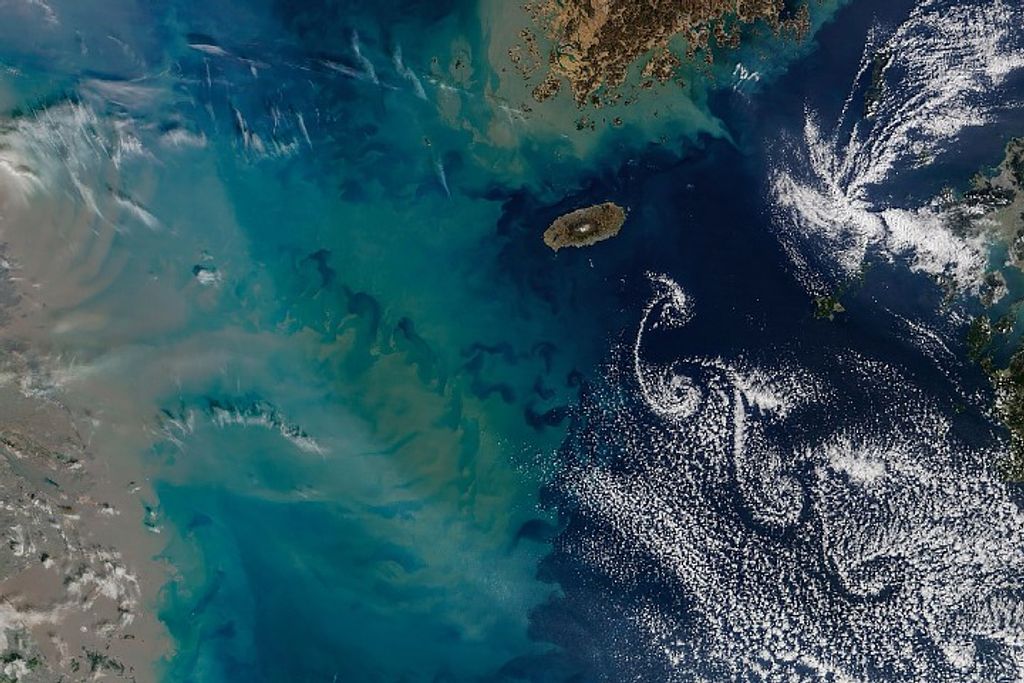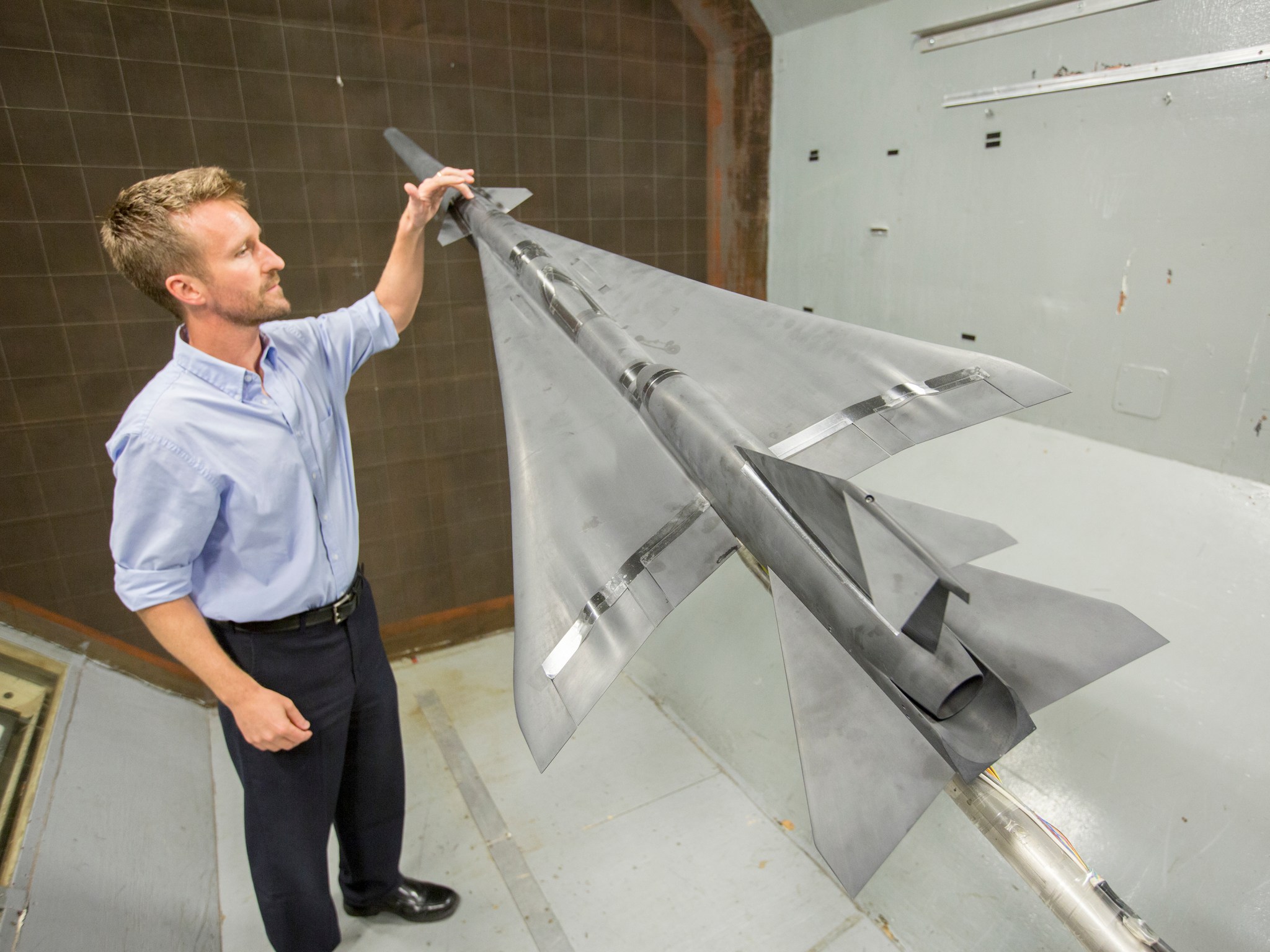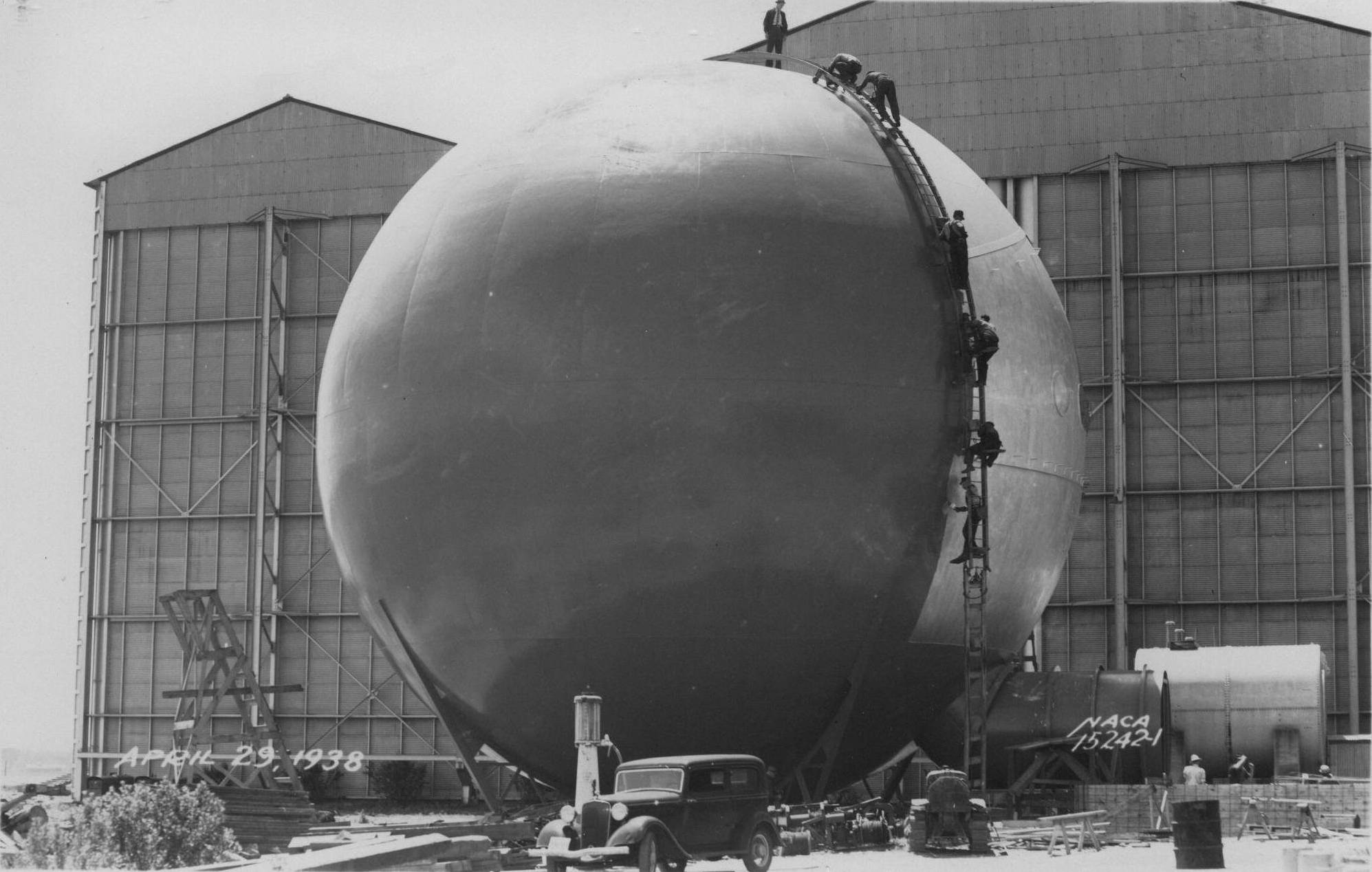Media are invited to see NASA test a model of its new X-plane in an effort to develop technology that could enable a new commercial market for supersonic air travel over land.
Engineers at NASA’s Langley Research Center in Hampton, Virginia, are conducting wind-tunnel tests on an eight-percent scale model of the agency’s X-59 Quiet SuperSonic Technology, or QueSST, aircraft.
On Thursday, Oct. 25 at 9 a.m., members of the media are invited to view X-59 QueSST testing using smoke flow visualization and laser techniques at Langley’s 12-Foot Low Speed Tunnel. NASA subject matter experts will be available for interviews.
Media wishing to participate should contact Bob Allen at 757-864-6176 or robert.d.allen@nasa.gov, or Sasha Ellis at 757-864-5473 or sasha.c.ellis@nasa.gov.
These are the last wind tunnel tests scheduled before construction of the X-59 begins in early 2019 in Palmdale, California. They’re designed to characterize the aircraft’s stability and control at high angles of attack, and to better model the response to disturbances such as the pilot’s control inputs or turbulent air. The data from this testing will enhance the control systems currently being developed for the X-59.
The aircraft is designed to reduce or eliminate the loud noise typically associated with supersonic aircraft to a noise more acceptable to people on the ground. In 2023, the X-59 will begin making supersonic flights over select communities to measure residents’ reactions to any noise they might hear.
The scientifically valid data gathered from these community overflights will be presented to U.S. and international regulators, who will use the information to help them come up with rules based on noise levels that enable new commercial markets for supersonic flight over land.
NASA announced a $247.5 million contract with Lockheed Martin Aeronautics Company to build the vehicle on April 3, 2018. On June 26, 2018, the vehicle received its official X-59 designation from the United States Air Force.
The 12-Foot Low Speed Tunnel was built in 1939 to conduct tethered free-flight tests. It forgoes the more conventional rectangular or “close-looped” wind tunnel configuration in favor of a more compact structure featuring a test section within a metal sphere.
Many vehicle designs and configurations – including NASA’s X-57 Maxwell and the X-48C blended wing body – have been tested in the tunnel.
For more information about the X-59, visit:
www.nasa.gov/lowboom
For more information about Langley, visit:
www.nasa.gov/langley
Bob Allen
NASA Langley Research Center
Hampton, Virginia
757-864-6176
robert.d.allen@nasa.gov
Sasha Ellis
NASA Langley Research Center
Hampton, Virginia
757-864-5473
sasha.c.ellis@nasa.gov



























